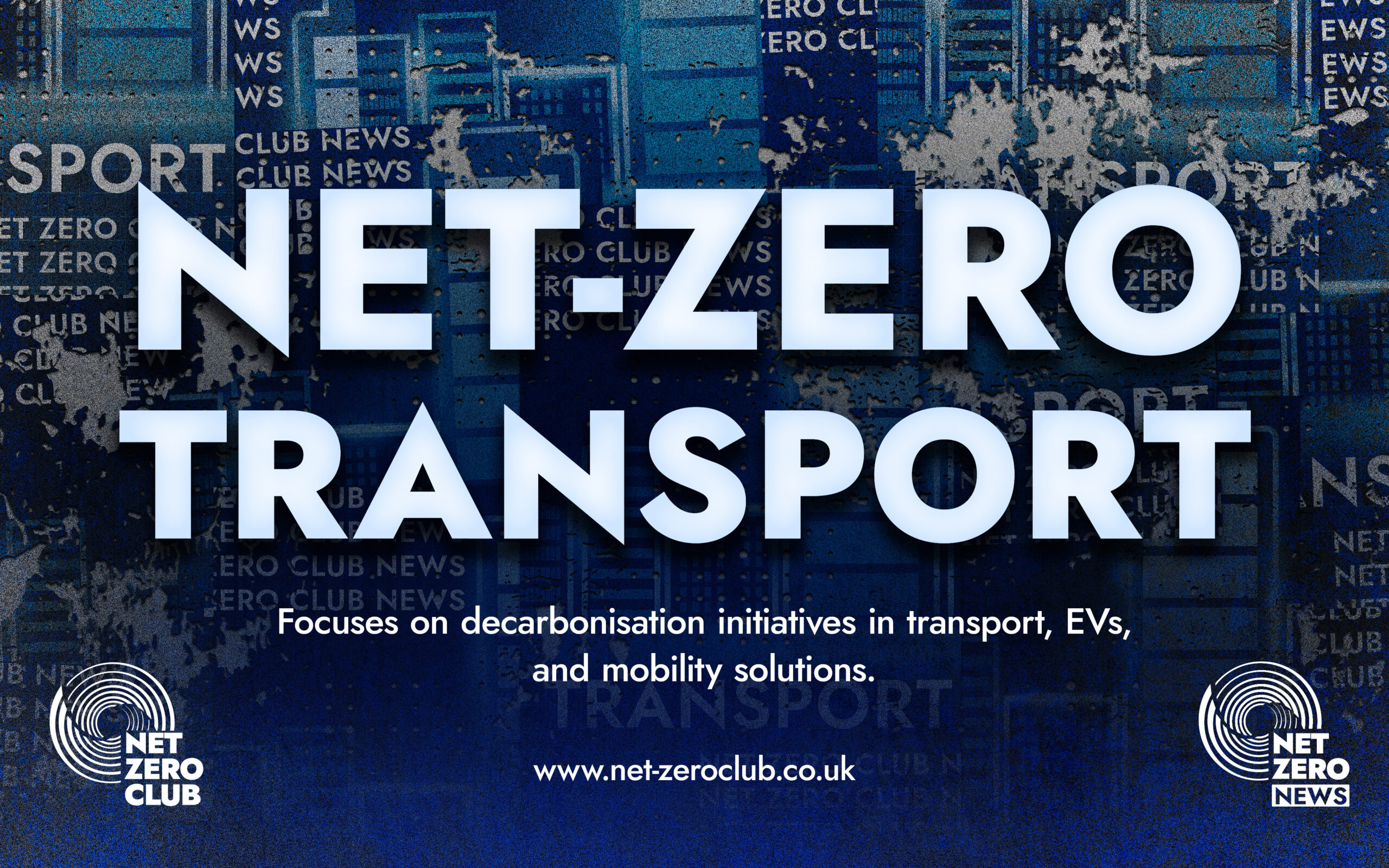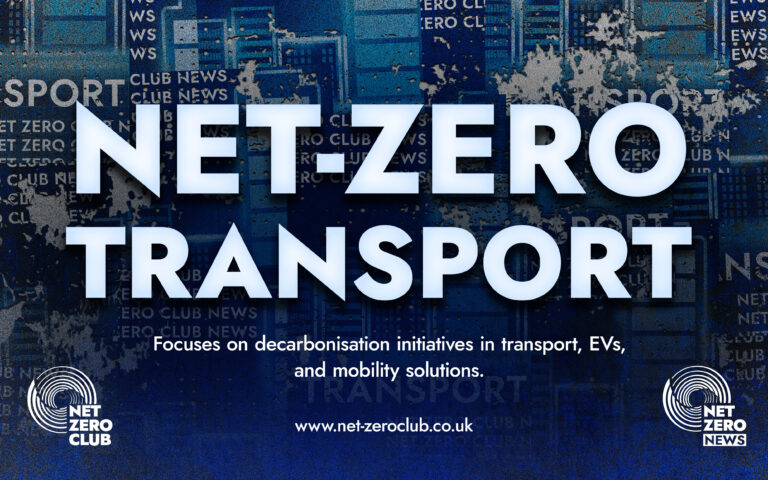Toyota Consortium Secures Funding for Electric Micromobility Study

Welcome, Net Zero News readers,
In a groundbreaking initiative aimed at revolutionising urban mobility, Toyota Manufacturing UK (TMUK) is spearheading a consortium that is set to explore the feasibility of a pioneering lightweight battery electric vehicle (BEV) prototype. This ambitious project has secured an impressive £15 million in government funding, underscoring the UK’s commitment to advancing zero-emission transport solutions.
The project draws inspiration from the FT-Me concept, which Toyota unveiled in March 2025. This visionary prototype aims to respond to the burgeoning demand for electric mobility solutions across the UK, aligning perfectly with the nation’s net-zero goals. The consortium’s work is backed by the UK government’s DRIVE35 programme, facilitated through the Advanced Propulsion Centre (APC), which is dedicated to the development of innovative zero-emission technologies and forward-thinking mobility concepts.
Set to unfold at TMUK’s state-of-the-art facility in Burnaston, Derby, this study represents a significant step towards a sustainable future. The outcomes of the research will also be rigorously tested at the University of Derby, ensuring that the findings are robust and scientifically validated.
The lightweight BEV prototype is classified within the L6e category, often referred to as light quadricycles. It embodies Toyota’s vision for the future of micromobility in Europe, as showcased in the FT-Me concept. This prototype will not only contribute to reducing urban congestion and pollution but also aims to enhance the quality of life in cities through innovative design and functionality.
At the core of this research are several cutting-edge innovations. One of the standout features is the integrated solar roof, developed by Savcor, which aims to harness solar energy and further enhance the vehicle’s sustainability. Additionally, the prototype will boast enhanced digital connectivity, ensuring that users can enjoy a seamless and intuitive experience.
Moreover, the project will delve into optimising circularity by employing recycled lightweight, sustainable materials. This commitment to sustainability is vital, as it seeks to minimise waste and promote a circular economy within the automotive sector. Furthermore, the feasibility study will explore the potential of integrating components that are already in use within the lightweight last-mile delivery vehicles developed by project partner ELM Mobility, thus streamlining production and reducing costs.
Dariusz Mikolajczak, the Managing Director of TMUK, expressed his enthusiasm for the project, stating: “The funding allows us to advance our understanding around the feasibility of creating a cutting-edge battery electric vehicle that addresses the growing demand for sustainable urban mobility. The study acknowledges TMUK’s overall project excellence and will further strengthen our members’ capabilities.”
This collaborative effort not only exemplifies the commitment of TMUK and its partners to lead the charge towards sustainable transport but also highlights the vital role of government support in facilitating such transformative projects. With the automotive industry undergoing a seismic shift towards electrification, initiatives like this are crucial in positioning the UK as a leader in the global transition to zero-emission vehicles.
As we look towards an increasingly electrified future, the importance of innovation and collaboration within the automotive sector cannot be overstated. The research undertaken by TMUK and its consortium partners will play a pivotal role in shaping the landscape of urban mobility, ensuring that cities can thrive while simultaneously reducing their carbon footprints.
In conclusion, the lightweight BEV prototype initiative is more than just a project; it represents a commitment to creating a sustainable future for urban transport. By leveraging government funding, innovative design, and cutting-edge technology, TMUK is paving the way for a new era of mobility that prioritises environmental responsibility. As we continue to monitor this exciting development, it is clear that the future of transportation is electric, and initiatives like this are leading the charge towards a net-zero world.
Stay tuned to the Net Zero News Network for further updates on this project and other initiatives aimed at achieving a sustainable and environmentally friendly future.

 Got net-zero news, project updates, or product launches to share?
Got net-zero news, project updates, or product launches to share? 
